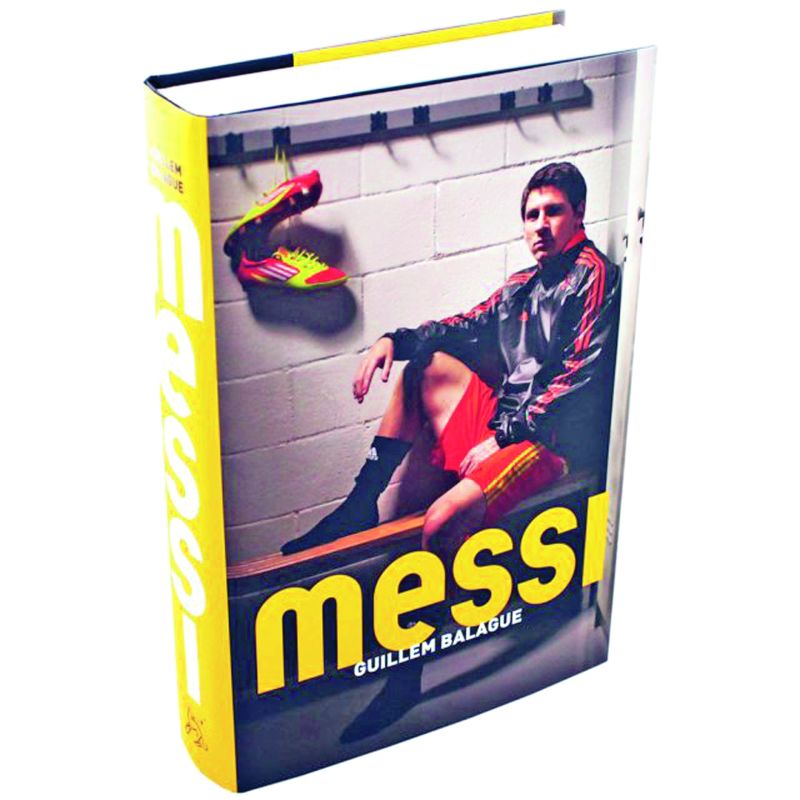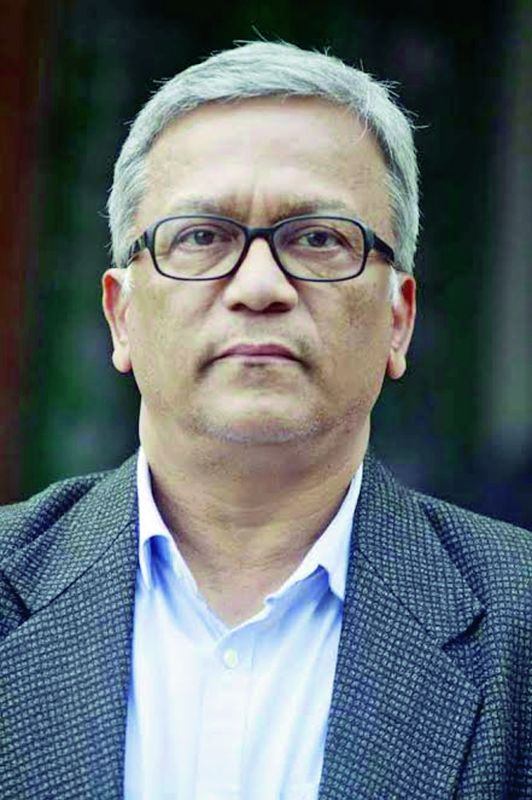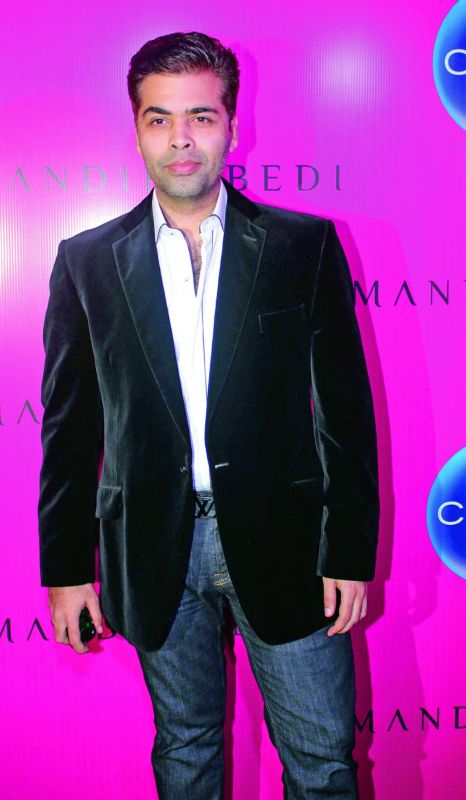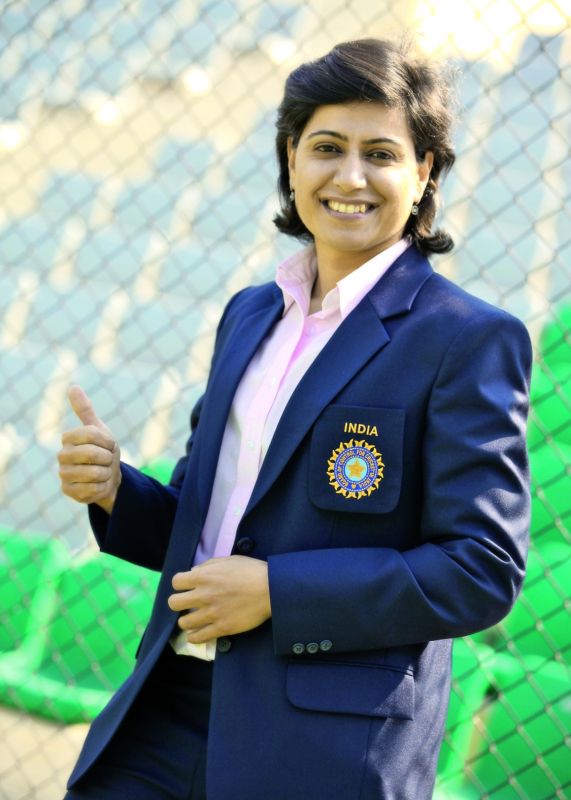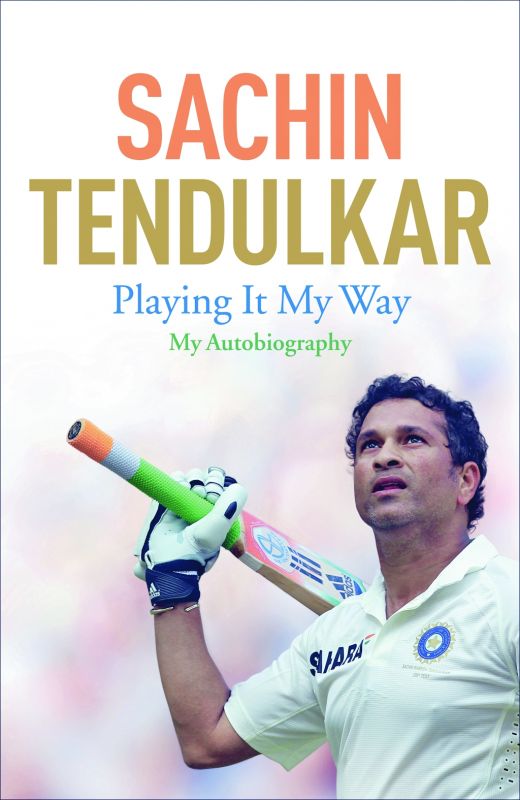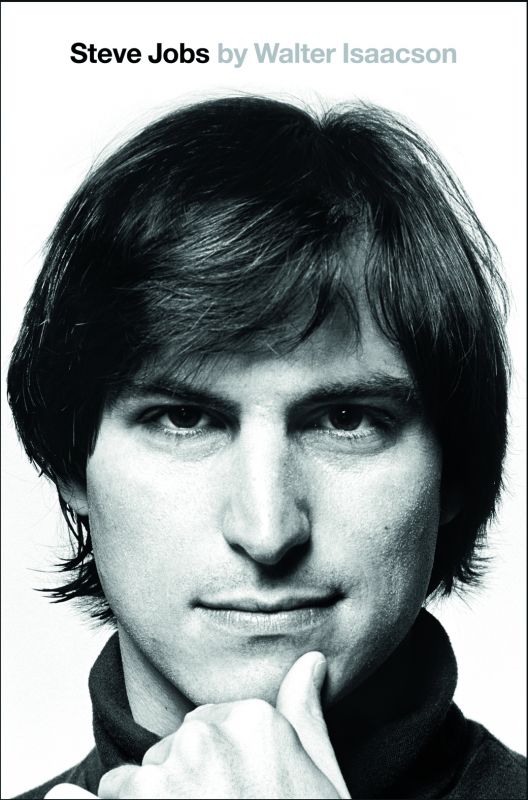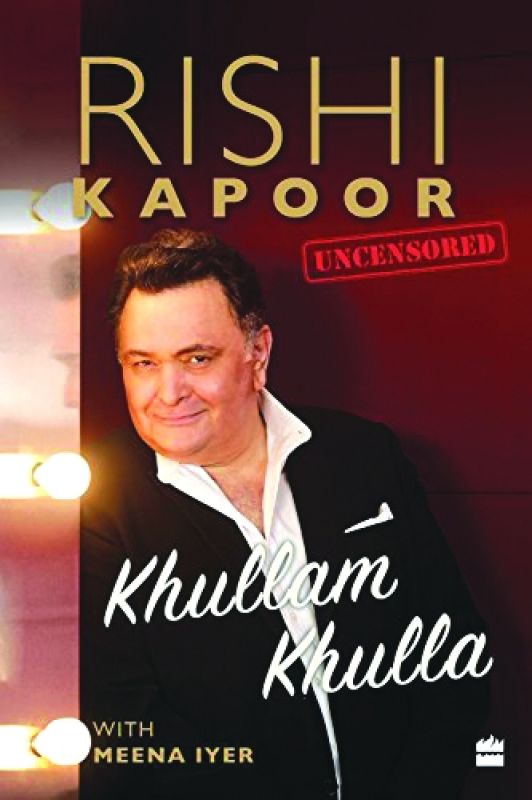Lessons in soul searching
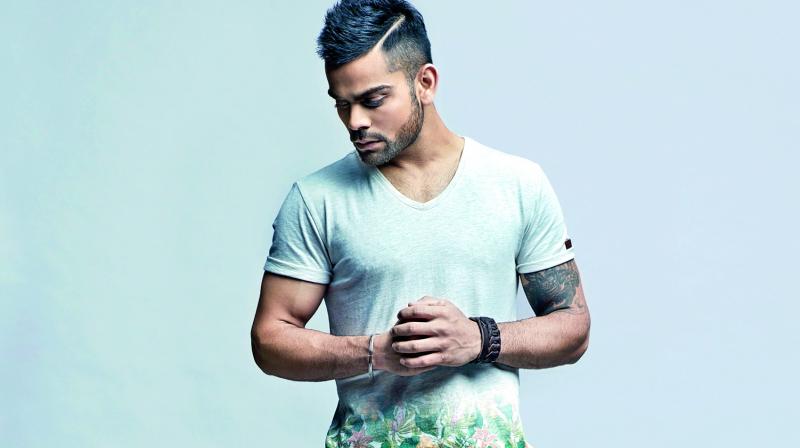
Those imperfections, foibles, eccentricities... they make us who we are. The worst, the best, they are ‘us’. The beauty of it? A warts and all story is what readers embrace. Yet, revealing fears, unbridled hopes takes courage. One that looks defiant in the face of judgement, accepting innumerable peccadilloes that make up each individual. That story is a brave search into one’s soul — Spanish journalist Guillem Balague has been that ‘soul searcher’ on Lionel Messi, Pep Guardiola and Ronaldo’s shoulder, questioning, understanding and sifting through truth — when he speaks of Ronaldo’s smug nature, Messi’s indefatigable spirit, and Pep’s brilliance.
Andre Agassi in his autobiography Open sears past festered wounds of childhood, in this excerpt, “After years of hearing my father rant at my flaws, one loss has caused me to take up his rant, I’ve internalised my father....... until his voice doesn’t feel like my own, it is my own. I no longer need my father to torture me, from this days on, I can do it all by myself.” It cuts deep, this bitterly honest, scathing realisation. It makes Agassi understandable. In Steve Jobs, Issacson takes a deep look into Jobs’ unlikeability, and his brilliance.
Yet, this honest truth is illusive in many life stories lining Indian bookshelves. Guillem Balague’s Pep Guardiola, the first authorised account of Leo Messi and Cristiano Ronaldo, the biography are all explorations. Ronaldo’s book won the Football Book of the Year award in 2015 in the UK, and Pep and Messi won the same accolade earlier. Balague delivers an incisive, intuitive narrative, not shying away from the “uncomfortable”, almost like an alter ego, “The Messi (book) was different, it was first a ‘no’ from them, his family, but then they opened doors, and allowed me to call it an authorised biography. The one I did about Liverpool on the Brink had opened doors, to the club. The one on Pep Guardiola, he (Pep) said, ‘Do what you want, and he opened doors. I asked him, ‘Don’t you want to read some of it,’ and he said, ‘No, no, no, I’ll go buy the book in the shops,” a carte blanche Balague has duly earned.
Under the carpet accounts?
The Spanish writer/journalist addresses Ronaldo’s petulance to criticism and attention-grabbing. Similar is Maradona’s unrepentant life story, with in the buff images in a bath tub, or Paul Gascoigne’s brutally candid memoir Gazza, of a footballer who drank, and was sent off the field for squeezing a referee’s **** — these stand tall in an era where life stories, by deliberate omission, or not, speak professionally, cursorily, adding few personal snippets. The Indian ones are more focused on the good, with speculations never put to rest... Paul Vinay Kumar, Publisher, Bloomsbury points out, “These stories are a legacy people leave behind, so they put their best foot forward. At Bloomsbury with Virat Kohli’s book Driven which did exceptionally well, the feedback was why was Anushka left out. We were very clear that we didn’t want to go down that way. It was a professional journey. It is also dependent on a person.”
Cricketing maestro Sachin Tendulkar’s autobiography Playing It My Way co-authored by Boria Majumdar entered the Limca Book of Records for bestselling adult hardback with its insightful cricketing details, endearing snippets (how he met Anjali, etc). Yet, reading it, one gets to know little about the real Sachin, the serious and introverted maestro. In Aung San Suu Kyi written by Peter Popham, he speaks of her life in India, Britain, her house arrest, the long painful separation from her sons and husband. It speaks in the Burma nightingale’s straight forward dictum.
Fear of censure makes many edit lives. Then how does one get a true picture if you read only parts? Are glorified “me” spaces what a memoir is about? An editor answers, “India lives on image management, they want to leave behind good stories.”
For Balague, it’s a matter of perspective, in Ronaldo... he speaks of CR7’s mercurial nature, “You have your own prejudices, ideas about people involved, those ideas change, but the truth is something you never find — it does not exist. That is one of the themes in the Ronaldo book — Is it easier to write a book sitting across the person involved, or is it easier when you don’t have any obligations? Or you explore it from a different angle? The conclusion is that there are a 100-1,000 different truths. We show a different face to different people. Which one is the essence, which one is the real me? There is a bit in all. That was something I tried to explain in the Ronaldo one. I am going to search, and what comes out at the end is the closest to a three dimensional analysis or study of a person that one can get to, but you never get to the real truth. In Ronaldo, (I mulled), will he tell me the truth if he sits with me? Knowing that I am going to write about him, or will I get closer to the truth if I explore by asking 20 people, what he thinks, why he does what he does? And the conclusion is that the truth is there, in both, there is no way it can be seen if it does not make sense.”
Virat Kohli’s Driven, the Virat Kohli Story, author, senior journalist Vijay Lokapally agrees, “We have a long way to go in candidness. Many don’t want to laugh at themselves, it is most difficult — to be honest. In India, stars are also demi-gods, if they speak openly, they might hurt sentiments. If only they could laugh at themselves...” Driven is a purely cricketing account of the Indian captain’s journey from firebrand aggression to mature captain and leader.
While India is still in the nascent stages when it comes to candid memoirs, Thomas Abraham, managing director Hachette India explains, “We have 100 years of English publishing, but the quantum of biography and memoirs is fairly scant. People are reticent about baring lives for others to read and criticise. The past two decades have seen this genre explode, gradually the writing and the ‘warts-and-all’ stories will come too.”
The essence of a life
Lokapally speaks of Virat’s intensity, “I have traced his career, woven a story on his childhood till the World Cup. My idea was someday he should write his own story — I wanted it to be a serious cricket book,” reveals Vijay. Some memoirs cull facts, others celebrate highs, others are the real deal. So what’s a good life story? “It depends on what the author wants to communicate. A measured and full look at life, putting it down can’t be easy. Any writer can at best tell their side. Nehru and Gandhi remain at the top of the autobiography category,” explains Abraham.
The mindfulness to be honest is a very personal prerogative. Ones that tout the best and flouts the rest, anecdotal or sensational records find shelves. And readers do like them. But this need to brush life’s truths under the carpet governs many. As Shakespeare wrote, “The evil that men do lives after them, and the good is oft interred with their bones,” and in many glib accounts, it might as well be this evil that stops them from divulging in a society thriving on voyeurism.
The onus lies with the narrator, to edit his life as he sees fit. As we debate about this life story conundrum, the West offers excellent ones — Agassi’s Open, Steve Jobs, Ronaldo, Messi, Nelson Mandela, Aung San Suu Kyi... an endless list.
Novelist Shobhaa De feels, “It is the sole prerogative of the writer. It is his/her life. The ownership of that life is non-negotiable. So long as important milestones are represented, and there is no malice, the writer has the absolute right to take that call. It’s not necessary to do the full monty. I’d opt for the ‘less is more’ version over an over-embellished, heavily embroidered, florid attempt that often falls flat.” Shobhaa’s favourites are Agassi and Liv Ullman, “Both have talked about their lives with unusual candour, without stooping to sensationalise. A good autobiography should ring true. Connect emotionally. Inspire. Speak in a voice that is real, identifiable and honest.”
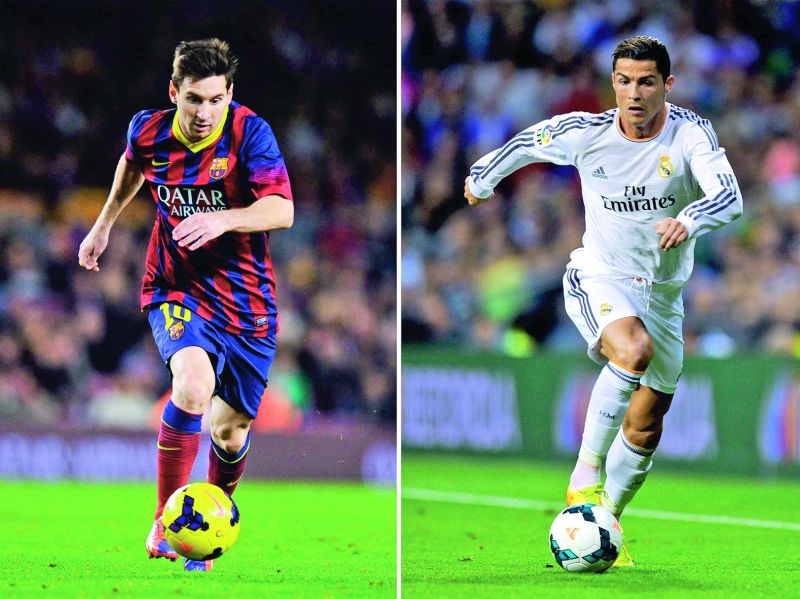 Lionel Messi and Cristiano Ronaldo
Lionel Messi and Cristiano Ronaldo
When fireball John McEnroe wrote Serious, it was blunt, spoke of dalliances, tirades, throwing rackets, steaming anger and his seven grand slams, all in one sweep of straight talk. Olympic medalist Gagan Narang prefers to shoot straight too, “Every individual is shades of black and white. The best example is Open where Agassi lays his life bare. There is nothing called half-measures. You can’t conceal some, and reveal some. If you decide to tell your story, it should not be a ‘version’ but what the story is.”
Former Indian cricketer, commentator, chairman of the selections committee of the Delhi women’s cricket team, Anjum Chopra concurs, “It’s unfair to comment on another person, but yes, in this country, there is mob mentality, how many people stand up for what they believe in? If you are opiniated, you are ridiculed. We are a mixed society and it reflects in our work and functioning. I read Open, it touches, holds attention. He said it the way he saw it. That is what I would follow. The life I have lived — people who know me should say, that’s you, those who don’t, should say now we understand you. Also, unnecessarily raking up issues is not the idea, if you want to highlight something, and people say that she is wrong, that’s okay. I write it, and they can criticise. Truth is something I will not hold back from, if it becomes a controversy so be it, people have the right to know.”
Oddly enough, fewer Indian women have had their life stories published. Karan Johar and Rishi Kapoor released their stories recently. Johar stops short of addressing his sexuality, speaking candidly about relationships. Kapoor has kept many details out. In contrast is Taslima Nasreen, who has written a no-holds-barred account unflinchingly, “I have written about the girl who, betrayed by her husband, the love of her life, had been compelled — by grief, regret, pain, despair — to contemplate suicide,” and then adds, “The first condition of writing an autobiography is the complete transparency… not sly compromises to avoid uncomfortable truths and proverbial skeletons.”
Readers are not looking for perfection, but honest understanding, not numbers, records and highs, but terrible lows as well. As in failures are the embers of character thus scripted. A prudent reader will aver.
Fortune favours the brave
Abraham adds, “Gandhi and Nehru apart, the first memoir to storm the charts was almost certainly Sunny Days by Sunil Gavaskar. We are lucky to have two top national record holders — Sachin Tendulkar’s Playing It My Way (235,000 copies) and Walter Issacson’s Steve Jobs (180,000 copies). Steve Jobs was topical as it was published immediately after his death and was the only one close to being his memoir, in that Issacson had sole access.”
On Abraham’s personal list is Keith Richards’ Life, “because not content with being an extraordinary guitarist, Keith Richards has penned what is easily the best rock ‘n roll memoir ever; and he wrote it himself.”
Gagan has miles to go before he charts that journey, “My story hasn’t reached culmination. When it does, I will think about it.”
Sociologist and former ICSSR National Fellow, Prof G.K. Karanth attempts to identify what spurs these stories, “We live in an age with a sense of accountability that is self-inflicted. There is a paradox in this urge to narrate, we want to be socially or politically correct. We do not want to antagonise, we listen and reveal, sitting on a couch, which is sitting on a fence, we are all thriving on the fence. We leave the audience to deduce. Mr Vishwanath, a Kuruba leader and firebrand politician, has, in his memoirs, anecdotes of conversations with a well-known politician about women. Would he have written it when he was in active politics? No. Khushwant Singh also made a U-turn after eulogising Indira Gandhi all his life, in his later years. Some use accounts to settle scores, or as an investment for the future.”
For Gagan, “Zlatan and Luis Suarez make for great stories — how they came up and what shaped them. Suarez came from the streets of Montevideo. Today, he has a mansion protected by a 14 feet wall. His story is incredible — the quintessential Hollywood story. Not everyone’s story is compelling, but each has one. The idea is to find one magic moment and weave it around that,” feels Gagan, adding, “Sportsmen are all dreamers. Some have dreams fulfilled, others have them broken — a story either way depends on how you treat it. It should be about that person’s journey, tracing roots. What was the trigger?”
Whose truth is it?
So is ‘his’tory a matter of perspective? “A frank memoir is always a brave decision. The bad ones are auto-hagiographic and one sided; and inevitably dull reading. The good ones need not always be ‘warts and all’, but should convey frankness, personal introspection and shared confidences — an empathy. Which is why biographies sometimes tell far better stories. However, autobiographies have that first person star quality. Finally, it’s their life and they have the right to choose how to tell it, and the reader will equally decide whether it was a life worth reading,” Abraham adds.
As to the whys? Padma Shri and Arjuna awardee Anjum Chopra adds, “We are scared, what holds anybody, any of the top guys with the highest coveted awards, back from sharing a part of themselves? Being diplomatic is good, but being diplomatic without reason, what’s the point? I should be able to voice my opinion. I should speak the truth or I’d rather not speak. Nobody forced one to write a book but if you do, it should be honest.”
Of the ones that did not do well are Emraan Hashmi, Pranab Mukherji, Kanhaiya Kumar, Being Salman, Sania Mirza.
Shobhaa feels there is no perfect age to write one, “When you have something of significance to share, at 30, 40, 50... or later. Depends on the quality of life led, not longevity.” She prefers the accounts of contemporary, brat, young and notorious people. “Who cares about goody-goody accounts documenting a pristine (boring!) existence? Blemish-free is for skin creams — not biographies!”
Bravo Balague!
In an exclusive interview with Suruchi Kapur-Gomes, Spanish sports journalist and biographer Guillem Balague (author or Messi, Ronaldo, Pep Guardiola) speaks of how he explores his subjects. Exhaustive, apt, proficient, his study is quintessential in exploring their persona…
Q. How difficult is it to write a biography?
Guillem Balague: The one on Pep Guardiola, he (Pep) said, ‘Do what you want.” With Cristiano Ronaldo, it was a yes, we spoke four times about meeting, and doing it together. But Ronaldo was upset by something I had said in the Messi book. He was a ‘no’. Interestingly, that one has had the best public reception and won the Football Book of the Year award in the UK, and now has been nominated for Sports Book of the Year in Poland. Not having access to Ronaldo, as I knew him, had been with him, and already researched for a year before he got upset with me, I had enough information. But he allowed me, he gave me a complete different perspective. I don’t see difficulties. I see enjoyment, and obstacles that you overcome.
Q. How honest is honest? As certain aspects of a life do not need spectators?
GB: The idea of the Cristiano book was that (honesty), that was the theme where I explore all those things you ask. I found it fascinating, about truth, honesty. I delve into subjects with immense time, research and honesty. I try to explore people, and if I cannot come to a conclusion, if I cannot see clearly, I say so. But if I do, I write what I see. That doesn’t mean it is the truth, it is my truth on those people. In the case of Rafael Benitez, Pep Guardiola and Messi, they had a different interest in their truth to come out. Pep Guardiola has been very intelligent in the way his career has been described, in the chronicles of Martí Perarnau (A Spanish journalist) or myself. He allows us to see what he is doing, to explore and analyse and put forth questions, and find answers. But he has made a choice about who analyses his career so closely. Perhaps Martí Perarnau and myself don’t represent typical journalists, Martí Perarnau was an Olympian, I see myself (differently), I’ve got coaching badges, I run a football club, I am not just a journalist. So that gives that analysis a different angle, not better or worse, different.
Q. What’s most important?
GB: Organisation and research is absolutely crucial. I have got Maribel Herruzo who is my right hand woman. I throw all this information to her, and she puts it into coherent order. All my books have a different style, structure, I surprise myself, with the way a ‘literary’ way emerges, that I tend to scripture the books.
Q. The less than honest biographies...
GB: There is space for everybody in the market, and the readers talk by buying the book, by buying the following book. After the Pep Guardiola book, I got a three book deal with Orion, and they have been so loyal to me, and now I have got two more to do. It is a privilege to be able to think of ideas instead of having to fight for the book to be published.
Q. Next on agenda?
I am doing (one on) Argentinian Mauricio Pochettino (Tottenham Hotspur manager), it is a biography but I have asked for as much access as possible to the team. I have been given unprecedented access. I talk to him regularly, and what I want to do is a diary of the season.
Q. Your favourites?
A Season on the Brink. It was my first book. To see myself published was amazing. I know that the Pep Guardiola book is well respected, and has gone very far, Guardiola likes it too — these are the things to strive for. But the first one was special, yeah, it was a bunch of Spaniards that came to Liverpool — a club I supported. For them to take Liverpool to that final and be present, even go out with players, then make it into a book was really really special.

